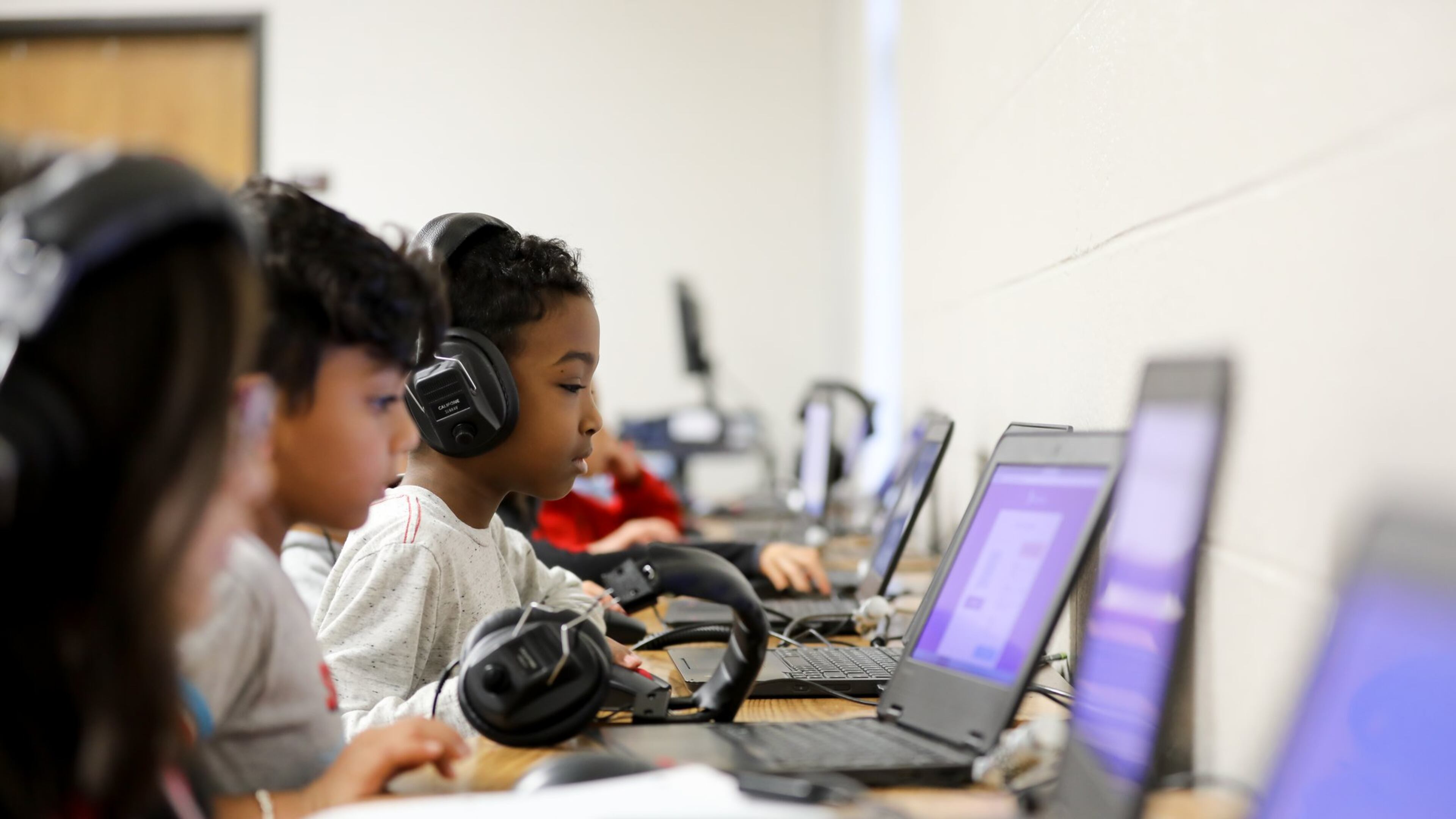Georgia asks Biden White House for school standardized test waiver

Gov. Brian Kemp and state school Superintendent Richard Woods Thursday resubmitted Georgia’s request for a waiver of standardized testing and accountability requirements to the U.S. Department of Education.
“Only three months from now, Georgia’s schools will start closing out the 2020-21 school year. The close of the second semester also brings about federally required standardized testing. But the middle of a global pandemic is no time for high-stakes tests – especially high-stakes tests that must be administered in person,” said Woods.
Students are taking the Milestones exams this year as former U.S. Secretary of Education Betsy DeVos told Georgia and other states not to expect a reprieve from the federal requirement for annual high-stakes exams. While she agreed to waive testing last year after COVID-19 abruptly shut down most schools in March, DeVos said she would likely not do so this year. “If we fail to assess students, it will have a lasting effect for years to come,” she wrote in a letter to the Council of Chief State School Officers in September.
With a new administration in Washington, Georgia is hoping Miguel Cardona, Biden’s choice to replace DeVos, will be more sympathetic to the plight of mass testing amid a pandemic. Cardona’s nomination passed out of a committee last week and is awaiting a vote by the full Senate.
During questioning by the Senate Health, Education, Labor and Pensions Committee earlier this month, Cardona didn’t indicate where he stood on mandated testing this spring, “I don’t think we need students to come in to test them on a standardized test,” he said. ”With that said, if we don’t assess where our students are and their level of performance, it will be difficult for us to provide some targeted support in our resource allocation that can best support the closing of gaps that have been exacerbated.”
Woods said any test results would lack validity as instruction was disrupted by the pandemic, which forced many students into virtual classes. Even students in Georgia districts that resumed in-person learning have experienced rolling closures of their schools due to COVID exposures and quarantines. “This unprecedented school year has been anything but traditional, and experts know tests cannot be completely redesigned and revamped overnight,” he said.
In its waiver application, state officials said some impacts of the pandemic have been “unavoidable.”
While the vast majority of Georgia schools are offering in-person instruction, students are dealing with the ongoing effects of a global crisis and the trauma of necessary but unprecedented isolation, they said.
Georgia’s waiver application also cites the risks of returning students, especially those who are medically fragile, to classrooms for testing.
Georgia already acted to mute the impact of the Milestones on student report cards; the state Board of Education in December agreed to eliminate the weight of Milestones scores on grades in the four high school courses where the tests are required.
Education advocates disagree on whether states ought to be required to test their students this year. While it made sense last year to cancel assessments, Khalilah Harris, acting vice president of K-12 education policy at the Center for American Progress, says eliminating exams against this year poses risks to students who have been historically marginalized.
“Studies of local test results caution that millions of students who are especially vulnerable to the impacts of COVID-19 are missing from the data,” she said. “Now more than ever, we need to understand how students are performing against the common metric of state academic standards so that we may understand what schools and educators need to enhance and enrich their learning.”



